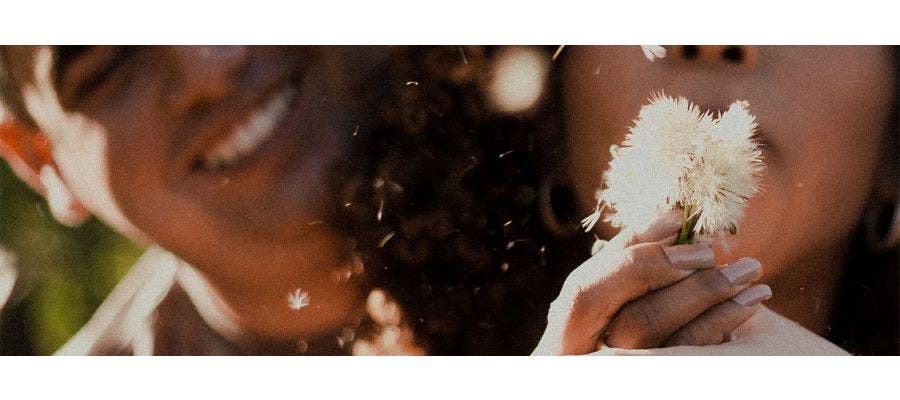
Ahh... the temperatures are rising, flowers are blooming and – you're sneezing and miserable! Welcome to spring allergy season.
Each spring, millions of people are impacted by spring allergies, making the otherwise beautiful season unbearable. As plants begin to release their pollens, seasonal allergy symptoms surface, too. And, coming straight off of cold and flu season, this can leave you feeling like you haven’t felt genuinely GOOD in months.
Luckily, there are quite a few natural remedies for spring allergies that are both accessible and effective. You don’t have to suffer all season! Keep reading to find out our natural tips for preventing and managing spring allergies.
Spring allergies or spring cold?
Sadly, cold viruses don’t disappear when the seasons change, and it can be hard to decipher whether you have allergies or not. The obvious difference is that colds are caused by a virus while spring allergies occur when pollen or another allergen is released into the air. This tricks your immune system into mistakenly interpreting the allergen as a threat and going haywire.
This reaction leads to the release of histamine from mast cells in the body. A histamine release can often look like runny nose, sneezing, itchy/dry eyes, scratchy throat, occasional coughing and fatigue. Sounds a lot like a cold, right?
However, if you’re symptoms last longer than two weeks, there’s a good chance you’re dealing with seasonal allergies. Whereas, if you have a fever or feel achy, that’s almost certainly a cold or other virus. Of course, checking in with your doctor is always a good idea.
4 Common Spring Allergens
Pollen is the leading cause of spring allergies each year, but there are different types of pollen. And, there are also more culprits to watch out for! Exposure to these various allergens will depend on your geographic location and the time of year specifically.
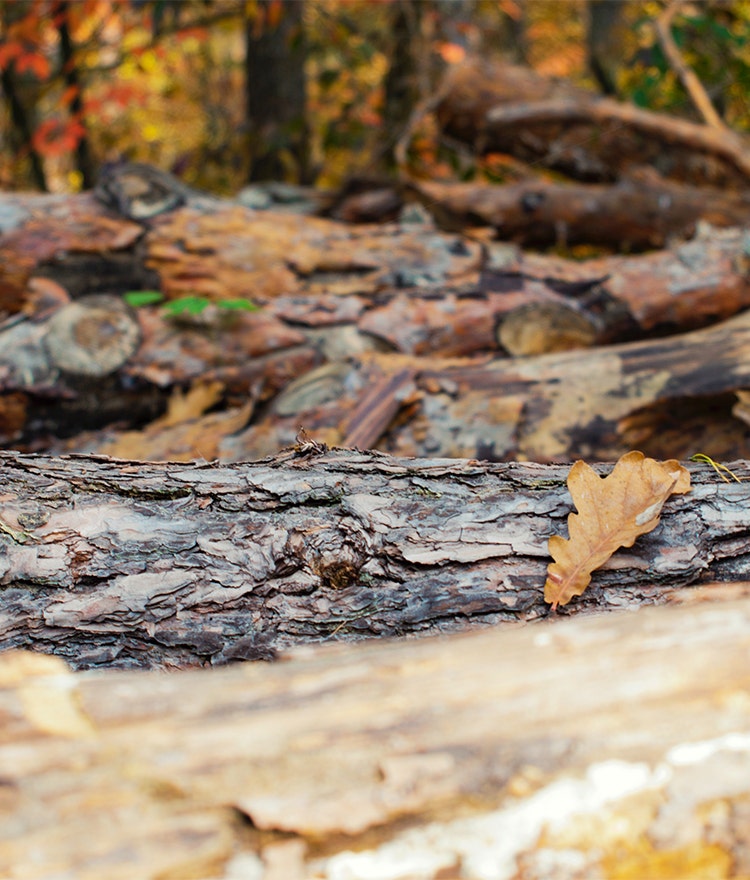

1. Trees
Small, powdery tree pollen grains tend to be lightweight and can be found on various types of trees in bloom. They are easily blown by the wind from one plant to another and spread throughout the air. Tree pollen is one of the primary allergy triggers during the season, typically beginning its onset in March and reaching peak pollen release by April.
2. Weeds and grass
Like trees, weeds and grass release pollen, too. This pollen can travel for miles and be particularly high on windy or breezy days. The weed and grass allergy is what you often hear called “hay fever” and it affects 10-30% of people in the U.S. This allergen tends to kick in later and is at its worst from April to June.
3. Mold
While rain can wash away some pollens and relieve your allergies, it can create more allergens, too – like mold. Mold and mildew grow in damp, humid environments and release spores called mycotoxins. Mold spores can travel through the wind or spread in high humidity when there is dew or fog outside. Mold thrives on rotting logs, fallen leaves, compost piles outside and all those decomposing plants that did not survive the winter.
4. Insect bites and stings
Yep, the critters are all waking up, too. These types of allergens create a different set of symptoms than pollen and mold. Insect bites and stings typically result in pain, itching, swelling and redness. Bites and stings can also cause serious life-threatening allergic reactions like anaphylaxis.
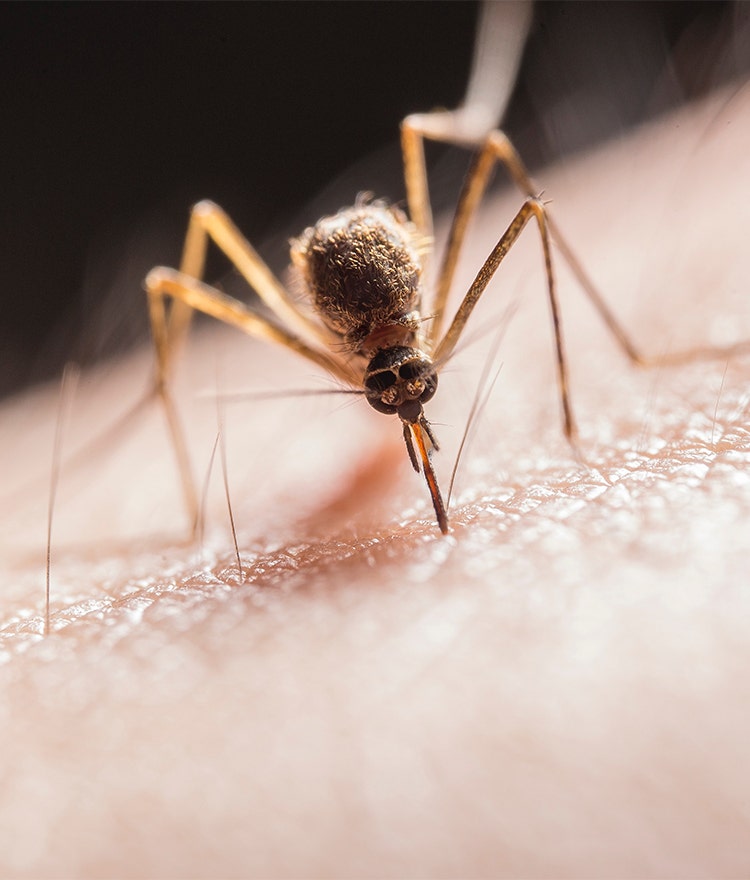

Some may experience hives, trouble breathing and swelling of the throat, lips or tongue, in which case immediate medical attention is needed. These aren’t the type spring allergies we’re discussing here, but worth a mention since they can be dangerous!
Allergy prevention is key
Preventing allergy symptoms from surfacing in the first place is the best way to protect yourself during allergy season. For example, the ideal time to enjoy the outdoors is right after a rainfall since the rain helps clear pollen from the air. Here are more simple tips:
- Monitor your local pollen counts through a weather app and limit your time outside when pollen levels are high.
- Keep your home’s windows and doors closed on those days as well.
- Avoid outdoor activities in the early morning when pollen is highest.
- Keep your lawn’s grass cut short and your yard well maintained.
- After spending time outside, wash your clothes and take a shower.
It’s also important to keep your indoor air clean! Servicing your home’s HVAC system regularly and replacing the filters, vacuuming with a HEPA filtered machine, using an air purifier, and keeping indoor humidity levels low are all extremely effective tools to create healthier indoor air.
7 Natural Remedies for Seasonal Allergies
If you find yourself experiencing spring allergy symptoms, there are a number of natural remedies you can use to manage them. Take a look!
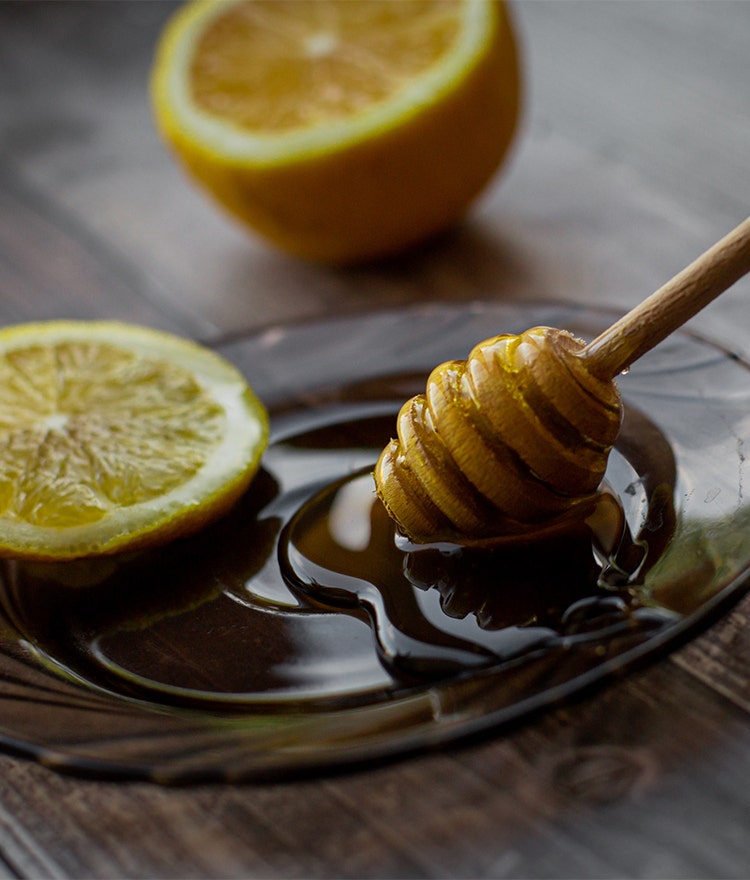

1. Raw Local Honey
Consuming locally produced raw honey has been said to lower your reaction over time to the pollen that the bees collect in your area in order to make their honey. Bee products in general, like honey, propolis, royal jelly and bee pollen, have tremendous healing properties and health benefits!
2. Nasal Rinses
Saline nasal rinses can help relieve sinus pressure and congestion by thinning out and removing excess mucus from the nasal passages. These rinses can also clear out the allergens we breathe during the day from the nostrils and sinuses. It’s best to do these nasal rinses at night before bed to wash away impurities collected from the day.
3. Acupuncture
Research has shown that acupuncture can be an effective natural treatment for allergies. Those who have received acupuncture have been said to have fewer sinus symptoms and an improved quality of life overall. Bonus: it’s very relaxing, too!
4. Stinging Nettle
This potent natural antihistamine can be consumed as an infusion or at-home herbal tea to reduce allergy symptoms. It acts as an anti-inflammatory and may help with a variety of your allergy symptoms. It’s best to buy the freeze-dried leaf so you can control your dosage.
5. Vitamin C
Taking high doses of Vitamin C will not only keep your immune system strong but can also be used to treat allergy symptoms and reduce histamine levels in the body. Chances are that you still have some on hand after cold and flu season!
6. Steam Inhalation
Steam can soothe and open congested nasal passages and comfort dry eyes or sinuses. Adding a few drops of essential oil, like eucalyptus, may be helpful as well. Just do your research first on how to use essential oils sustainably.
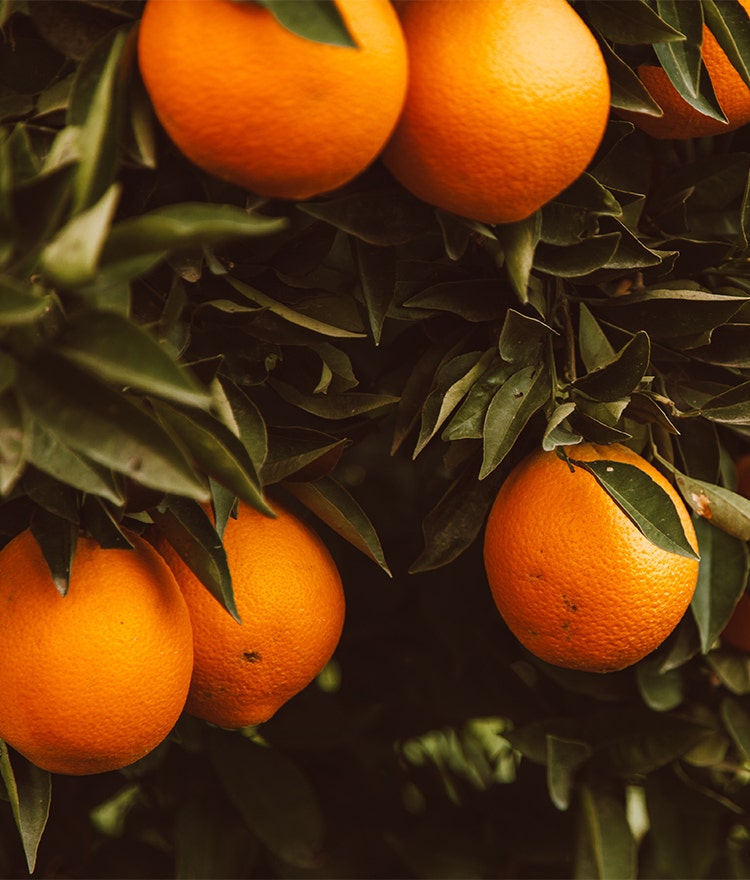

7. Quercetin
This powerful nutrient can be found in foods like broccoli, cauliflower, green tea and citrus fruits. It’s also available as a supplement. Quercetin has been shown to stabilize histamine and reduce allergy symptoms.
Organic Sleep Always Helps, Too!
Getting a good night’s sleep is the foundation for good health and maintaining a strong immune system. Creating a healthy sleep environment with Happsy’s clean and comfy organic bed-in-a-box will help ensure you get the sleep your body needs without compromising your health through exposure to harmful toxins. Plus, adding an organic mattress protector pad creates a barrier that keeps dust mites and other allergens OUT of your sleep space.
We hope these helpful tips keep you feeling strong and supported through the allergy season. Get back to enjoying spring instead of suffering through it!





